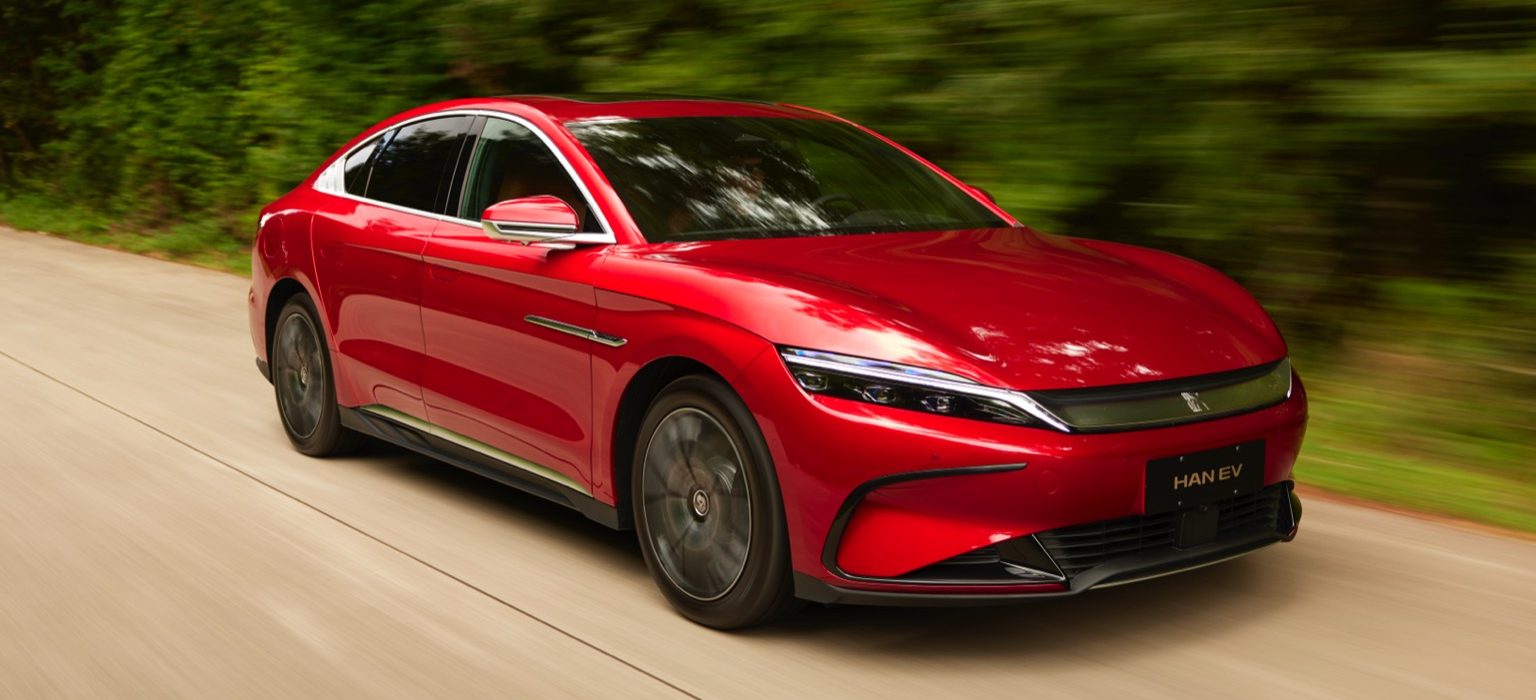Localizing the Future: How EVs Like BYD Are Driving Global Automotive Content
The automotive industry has always been global, but the electric vehicle (EV) revolution is accelerating that reality. Today’s cars aren’t just machines; they’re mobile tech platforms made of metal, microchips, and software, engineered and assembled across continents.
As the automotive landscape shifts, so does the demand for localization—especially with the rise of electric vehicle giants like BYD.
Why Automotive Localization Matters More Than Ever
Modern vehicles integrate components from dozens of industries: metallurgy, rubber, semiconductors, sensors, AI, and high-end software. Each of those elements generates its own trail of content—user interfaces, manuals, regulatory documents, technical specifications, marketing materials. When a car crosses borders, so must all that language.
Localization ensures this content not only reads well in the target language, but also meets local legal standards, fits cultural norms, and provides the same intuitive experience regardless of where the vehicle is sold.
Key Touchpoints for Localization in Automotive Content
- Infotainment systems and UIs: Touchscreen displays, dashboard menus, and voice commands must be translated with precision to avoid confusion—and sometimes, danger.
- User manuals: Documentation must be legally accurate, technically sound, and easily understood by everyday drivers.
- Technical documentation: Engineers, manufacturers, and after-sales teams need exact terminology across languages for safety and performance.
- Marketing and branding: Taglines, brochures, websites, and ad copy must align with local cultural expectations and consumer behavior.
- Training materials: Resources for sales reps, dealerships, and service personnel across different regions.
The EV Boom: New Localization Demands
Electric vehicles are transforming the industry—and so are the demands they place on localization. EVs introduce unique challenges: battery systems, software-driven features, rapid firmware updates, and intelligent dashboards create new content touchpoints.
Tesla helped set the pace, but in Asia and beyond, BYD (Build Your Dreams) has emerged as a leading force. Headquartered in Shenzhen, China, BYD’s EVs are now sold across Europe, Southeast Asia, Australia, and beyond. That global reach requires robust, scalable, and precise localization—from Chinese to English, and into dozens of other languages.
BYD: A Case Study in Scalable Global Localization
As BYD expands into global markets, it faces the common yet critical challenge of adapting content originally written in Chinese for international audiences. This involves far more than translation: it requires preserving brand voice, ensuring technical accuracy, and navigating regulatory variations across regions.
From touchscreen controls and in-car safety warnings to training videos for overseas dealerships, BYD’s localization needs reflect the complexity of bringing a high-tech product into new linguistic and cultural landscapes. By investing in quality localization, companies like BYD can maintain a consistent and trusted user experience—no matter where the driver is.
Localization Challenges in the Automotive World
- Terminology consistency: Technical terms must be standardized across every touchpoint.
- Format complexity: Automotive files often use structured formats like DITA or XML.
- Regulatory compliance: Wording must follow rules set by national transportation authorities.
- User experience sensitivity: A single mistranslation on a dashboard can compromise safety or trust.
That’s why localization in this sector isn’t just about words—it’s about engineering, compliance, and brand identity.
Why Partner with a Specialized Localization Provider
At VEQTA, we specialize in complex, high-stakes localization. Automotive content—especially in the fast-moving EV sector—requires a blend of technical precision, linguistic expertise, and cultural fluency. Our team provides:
- Dedicated subject-matter translators
- Scalable workflows for multiple languages
- In-context validation for user-facing content
- Support for structured content and digital platforms
- SEO-optimized multilingual content for global visibility
Cars Are Going Global—and So Is Language
The rise of EVs, led by innovators like BYD, is ushering in a new era of automotive communication. Whether it’s a touchscreen in Bangkok, a training manual in Berlin, or a web ad in Buenos Aires, every word counts. As vehicles evolve into smarter, software-heavy products, localization becomes not just a necessity—but a core part of the brand experience. At VEQTA, we’re proud to help drive that transformation.


